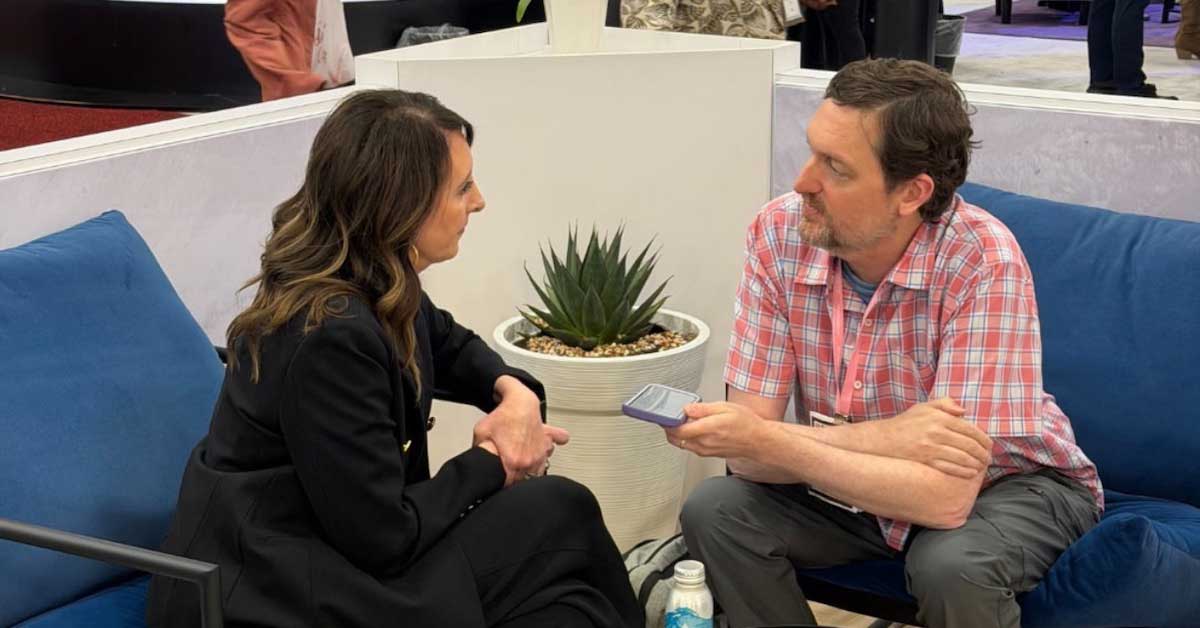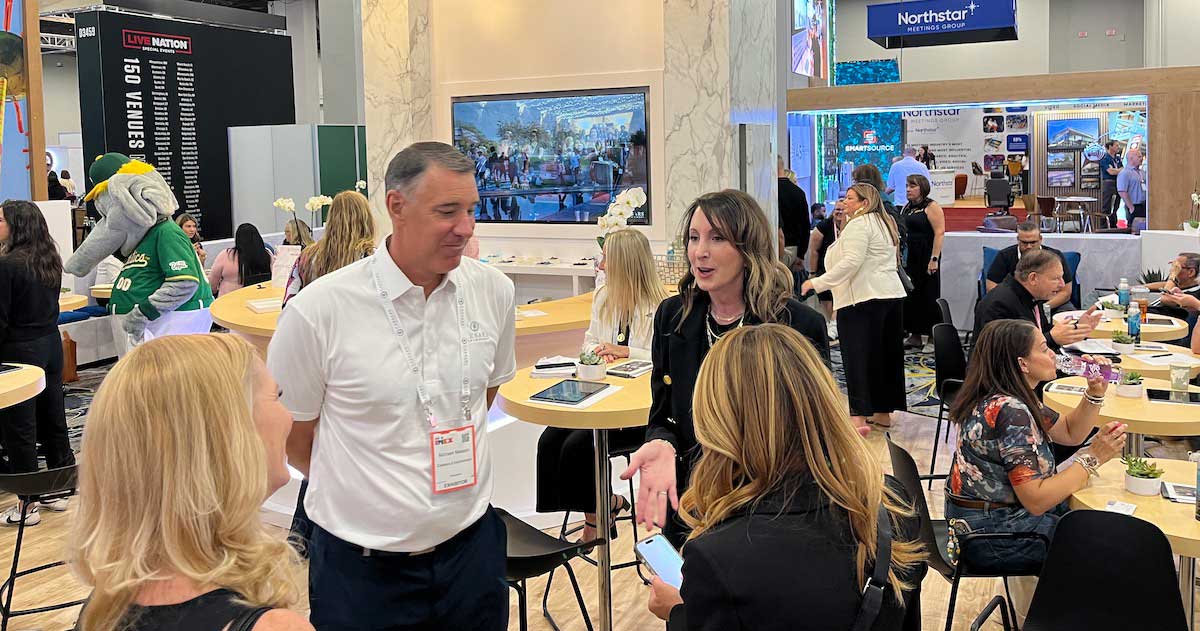Our theme for the April issue of The Meeting Professional is sustainability. Here, we ask several sustainability thought leaders the following question: “Five years from now, we’ve made significant progress toward a more inclusive meeting industry. What does that look like?”
Sustainability coverage brought to you by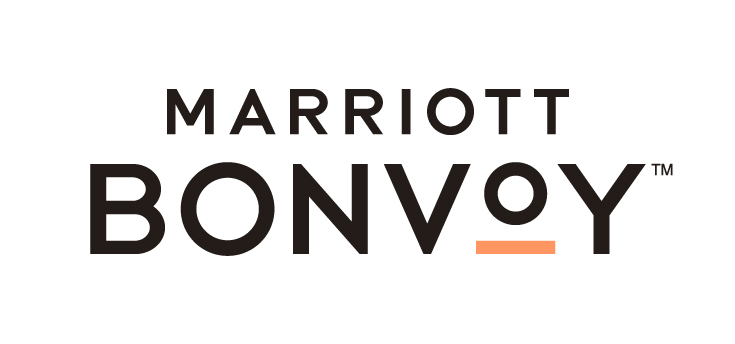
Join MPI at 11 a.m. on April 9 for “Driving Change: Leveraging Sustainability in Meeting Design.” In this webinar, Elizabeth Fretheim, vice president, sustainability for Freeman, will share insights on how to make your next meeting good for the planet.

Courtney Lohmann, CMP
Founder, Impact Leadership + Business Consulting
"It looks like events. Today, we talk about event planning and sustainable event planning. The biggest progression we need to make is into a place where our entire planning process naturally includes all areas of sustainability. It won’t be something 'extra' or 'additional' we think about. In the next five years, I think that’s the biggest progress we’ll see. The venues and hotels have already created space for planners to use more sustainability with ease. And now suppliers are joining in. The planners will continue to evolve what they track and how they report and within five years, our events will just be sustainable events."
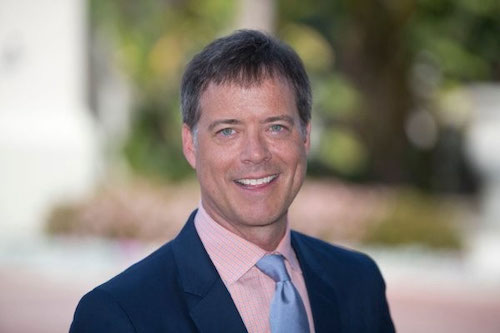
Michael Clarke
Senior Director, B2B Events & Programs, Marriott International
"Being at the forefront of sustainability for several years, we already consider certain sustainable elements as table-stakes or best practices. Things like single-use plastics, innovative compost solutions, food waste alternatives, carbon emission and energy usage, sustainable materials for signage and merchandise and vendor selection and local community integration are just some of the many sustainable elements our customers have come to expect from us.
"Considering these as constants, our five-year goals are hyper-focused on how each event can contribute positively to society and the environment. By maintaining a vision beyond immediate financial gains, our leadership constantly works to a build strong, collaborative culture within their teams. This means not only leading by example in terms of sustainability but also empowering team members to come up with innovative sustainability solutions and incorporate those ideas into the events they plan.
"I look at sustainability within Marriott as a ripple effect. Just one small action now can lead to a profound transformation in the future. Looking back at how far we’ve come in such a short period of time is a testament to the sheer power of small actions leading to significant change. We are keeping an eye on the future and embracing the ripple effect to create events that not only leave a minimal environmental footprint but also make a positive social impact."

Hannah Pattison, SEPC, Events Manager, Mackenzie Investments
Advisory Board Member, The Sustainable Events Forum (Don’t miss TSEF’s “Earth Day for Event People” on April 22!)
"In five years, emissions data from transportation, food, energy, waste and water consumption will be a standard part of post-event reporting. The data will be used by event planners to measure and report on the sustainability of their events, in turn identifying opportunities for further reduction of greenhouse gas emissions and waste going to landfills. Understanding the impact of our events on the environment will be the norm, and helping organizations meet their event objectives while meeting carbon reduction and net-zero goals will be a standard skill set for meeting professionals."
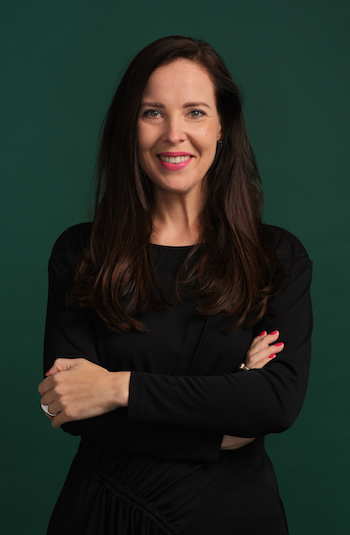
Milda Salciute
Changemaker, Director Events and Academy, GDS-Movement
"In five years, I envision an events and meeting industry that has made substantial strides towards sustainability in many ways. Firstly, carbon neutrality or climate-positivity will hopefully be the norm for events, with organizers offsetting emissions and exploring innovative ways to reduce their environmental footprint.
"There will also be a strong focus on circularity and waste reduction throughout the event lifecycle. This means minimizing waste generation, embracing reusable materials and implementing efficient recycling programs.
"There is a notable embrace of circular economy principles within the industry, prioritizing strategies for waste reduction, reuse and recycling across all stages of event planning and execution.
"At GDS-Movement, our mission is to transform events and tourism into a regenerative industry that centers around a circular economy, eliminating waste and carbon emissions, prolonging product and material life cycles, fostering inclusivity and diversity and revitalizing natural systems. Unlike sustainable events, which primarily aim to minimize harm, our approach represents a significant advancement towards actively nurturing positive impacts.
"GDS-Movement created the Hannuwa principle, which is an ancient San word from South Africa that means the gathering of good fortune through living in harmony with our natural environment.
"Hannuwa is an approach where event planning, resourcing, procurement and production are designed and managed to optimize ecosystem functioning and human wellbeing.
"Additionally, there’s been a notable rise in leadership and accountability from associations and corporate organizations. Many companies are stepping up to take responsibility for their environmental and social impacts, setting ambitious sustainability goals and implementing strategies to achieve them. With implementing goals comes measurement and reporting, which is vitally important to improve and show progress and impacts.
"Finally, collaboration among various stakeholders including organizers, venues, suppliers, policymakers and communities will hopefully become commonplace. This collaborative effort drives the development and adoption of industry-wide sustainability standards and certifications."
Learn how even more event professionals answered the question, "Five years from now, we've made significant progress toward a more inclusive meeting industry. What does that look like?" in the April issue of The Meeting Professional.





